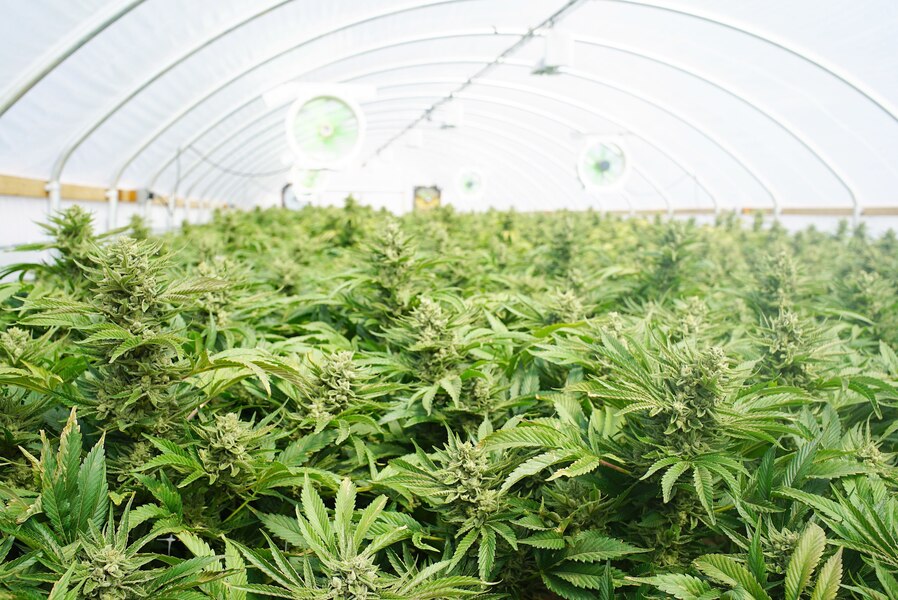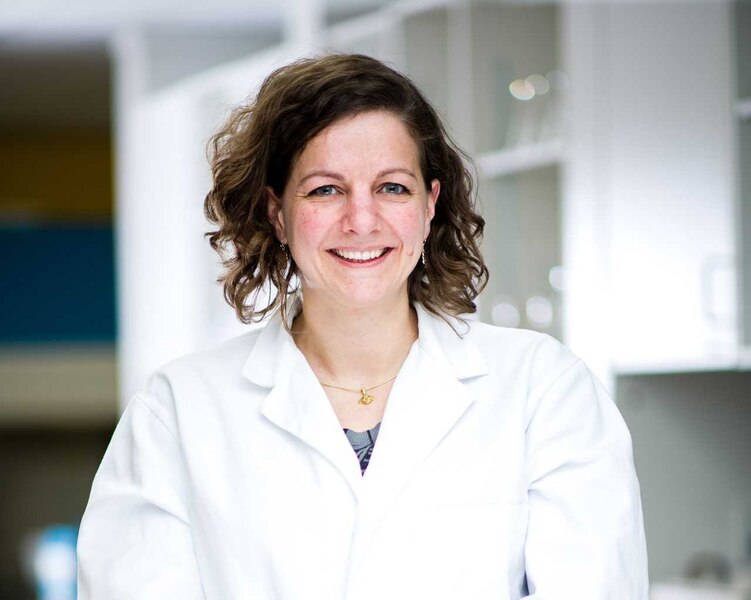The production of cannabis will be studied to La Pocatière

Photo Fotolia
Stephanie Gendron
Monday, 26 march 2018 12:23
UPDATE
Monday, 26 march 2018 12:23
Look at this article
LA POCATIÈRE | scientists in La Pocatière, in the Bas-Saint-Laurent, to undertake research to assist producers to grow their cannabis plants.
The center of bioproducts development Biopterre of La Pocatière indicates that it is the first in the country to obtain a license to produce cannabis for research purposes.
This will be done in the greatest secrecy, because no information on the exact location and the amount of pot being tested will not be revealed, if it is not that it is small-scale research.
“I’m not authorized to give information for security measures, so that no one can identify the magnitude of the production, where it is located, and thus had come to visit the production without permission,” said Agathe Vialle, an agronomist and the scientific director at Biopterre.

Photo courtesy, Biopterre
Agathe Vialle, an agronomist and the scientific director at the Centre for the development of bioproducts Biopterre of La Pocatière, starts a research on the production of cannabis.
The scientists have applied for this licence to Health Canada there are more than two years, after a customer had contacted because of his medical cannabis plants were affected by a disease.
“The producer wanted to know what it was and how to treat (disease). On the other side, we had a customer that develops biopesticides, among others, who wanted to test products for the production of medical cannabis,” adds Ms. Vialle.
Without a license, workers of Biopterre could not even receive a single sheet of cannabis to identify the disease, because it is very regulated.
Studies
Now, they will be able to identify the disease, find a way to eradicate them and study what affects the performance of the cannabis plants. They will also demonstrate that what is used in productions called “ordinary” can be beneficial for the production of cannabis.
For the moment, a dozen businesses and producers to fund the research of Biopterre.
The centre now has its licence, it may apply for funding to the governments to ensure that its findings serve to everyone. The new producers have no or very few publications rely on to grow their cannabis.
“We want to meet the chain, to the producers, this is a project that wants to lead for the data to be rendered to everyone. But for this, it is necessary that we have a public financing,” said the specialist.
The research will begin shortly.



